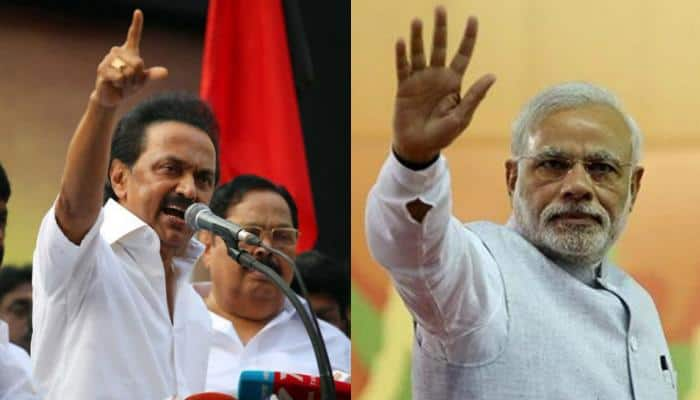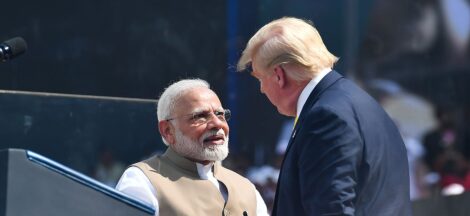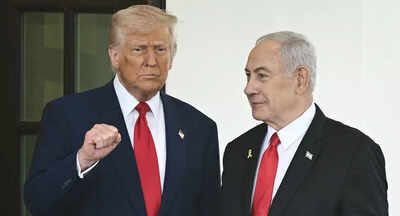Tamil Nadu Chief Minister M.K. Stalin has leveled sharp criticism against Prime Minister Narendra Modi, alleging that Modi’s approach to governance is driven by political favoritism rather than national interest. Stalin’s remarks, made on social media platform X, come amid a contentious debate over budgetary allocations to various states.
Stalin’s comments specifically target Modi’s handling of financial resources, focusing on the perceived disparity in funding between Bihar and Andhra Pradesh. According to Stalin, Modi’s prioritization of political allies in the allocation of funds undermines equitable development across the country. The Chief Minister contends that while this strategy may temporarily benefit Modi’s political standing, it fails to address broader national needs.
This criticism underscores ongoing tensions within India’s political landscape as various leaders and state governments grapple with issues of resource distribution and federal cooperation. The budgetary allocations in question involve substantial sums intended for infrastructure, health, and education projects. Stalin argues that the uneven distribution of these funds reflects a deeper problem of favoritism and neglect of non-allied states.
In his public statements, Stalin warned Modi that his approach could lead to political isolation, suggesting that the Prime Minister’s policies may alienate him from broader national support. This marks a significant escalation in political rhetoric as the focus shifts to how governmental resources are utilized and the criteria for their allocation.
The broader implications of Stalin’s critique touch on issues of federalism and the principles of equitable governance. As political leaders debate these issues, the question of how to ensure fair and balanced development remains a critical concern. Stalin’s comments have sparked discussions on the need for transparency and accountability in the allocation of public resources.
As the situation evolves, attention will likely remain on how Modi’s government responds to these accusations and whether adjustments in policy or communication strategies will be made. The debate highlights ongoing challenges in Indian politics related to federal-state relations and the distribution of financial resources, which are essential for addressing regional disparities and fostering national unity.
Stalin’s remarks reflect a broader discourse on the role of political considerations in governance and the impact of such decisions on national cohesion. The tension between central and state governments continues to be a defining feature of Indian politics, influencing both policy decisions and political dynamics.
This ongoing debate represents a critical juncture in Indian political life, as leaders and policymakers navigate complex issues of resource management and political alignment. The responses to Stalin’s critique may shape future political strategies and influence the broader trajectory of governance in India.




 Rahul Gandhi Promises Action on MSP During Meeting with Farm Leaders
Rahul Gandhi Promises Action on MSP During Meeting with Farm Leaders 